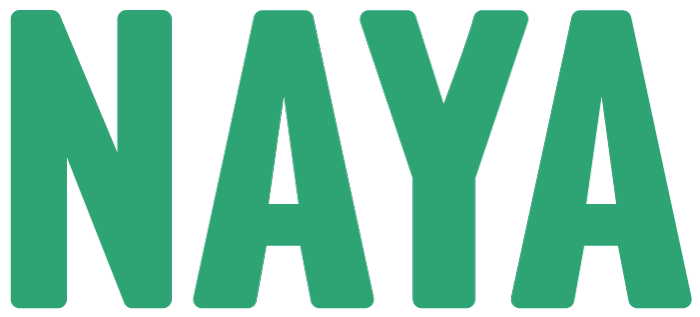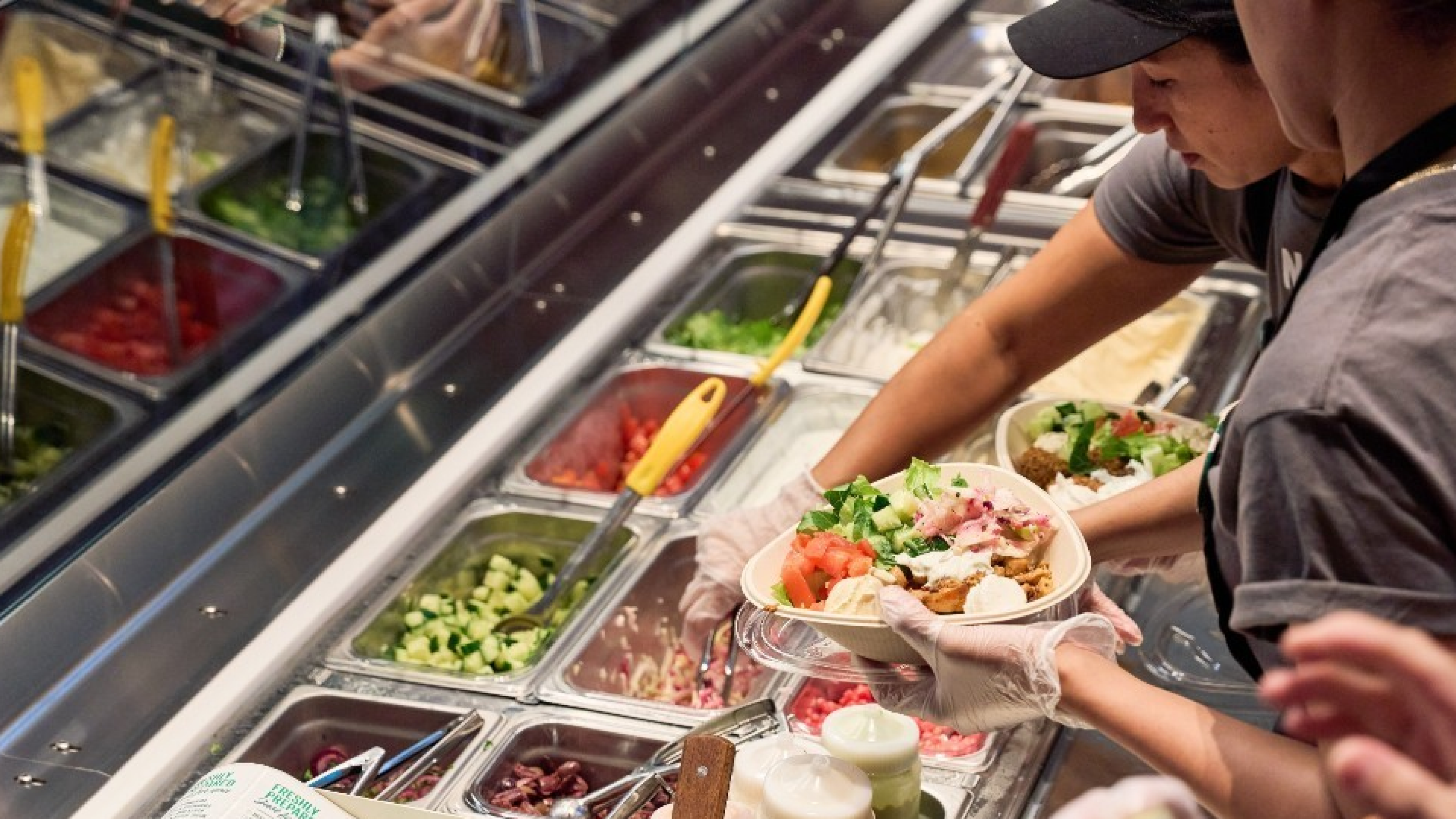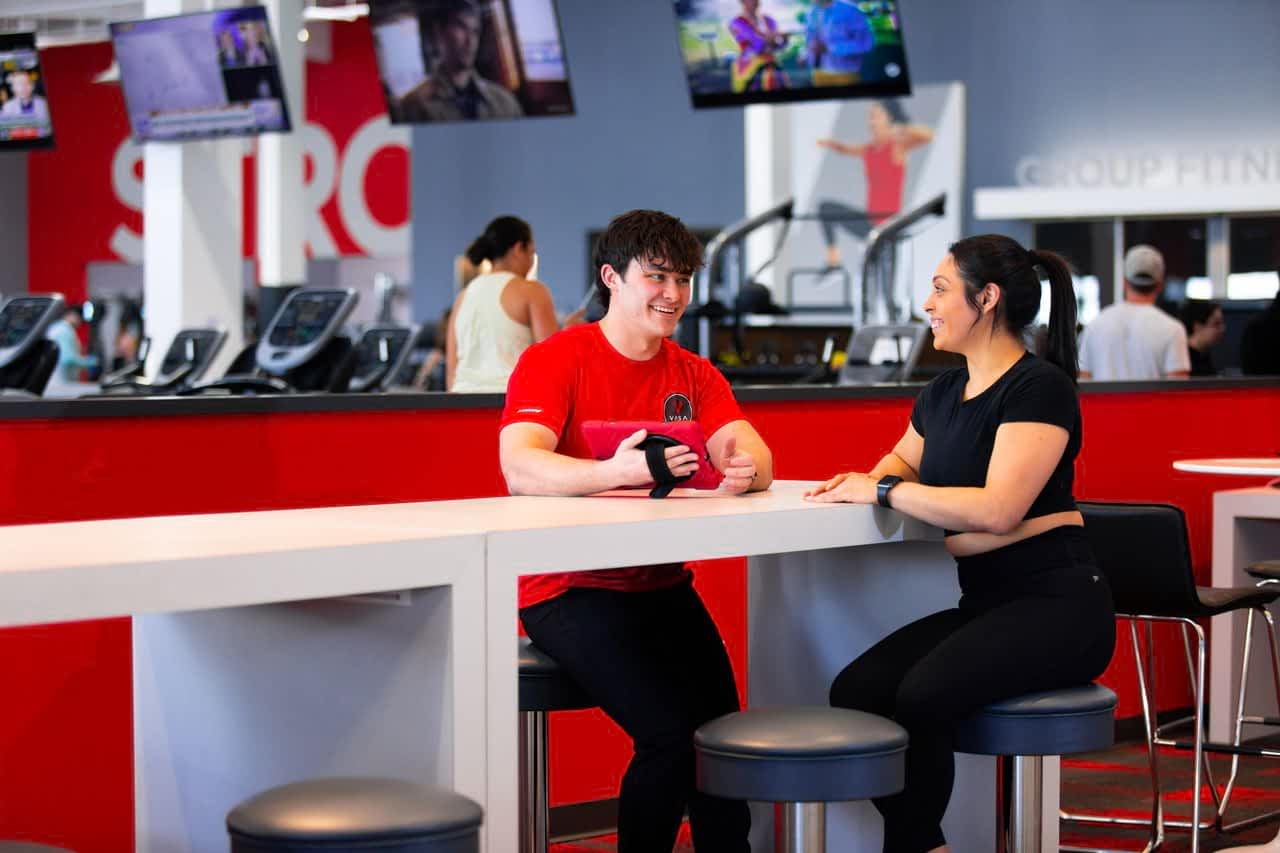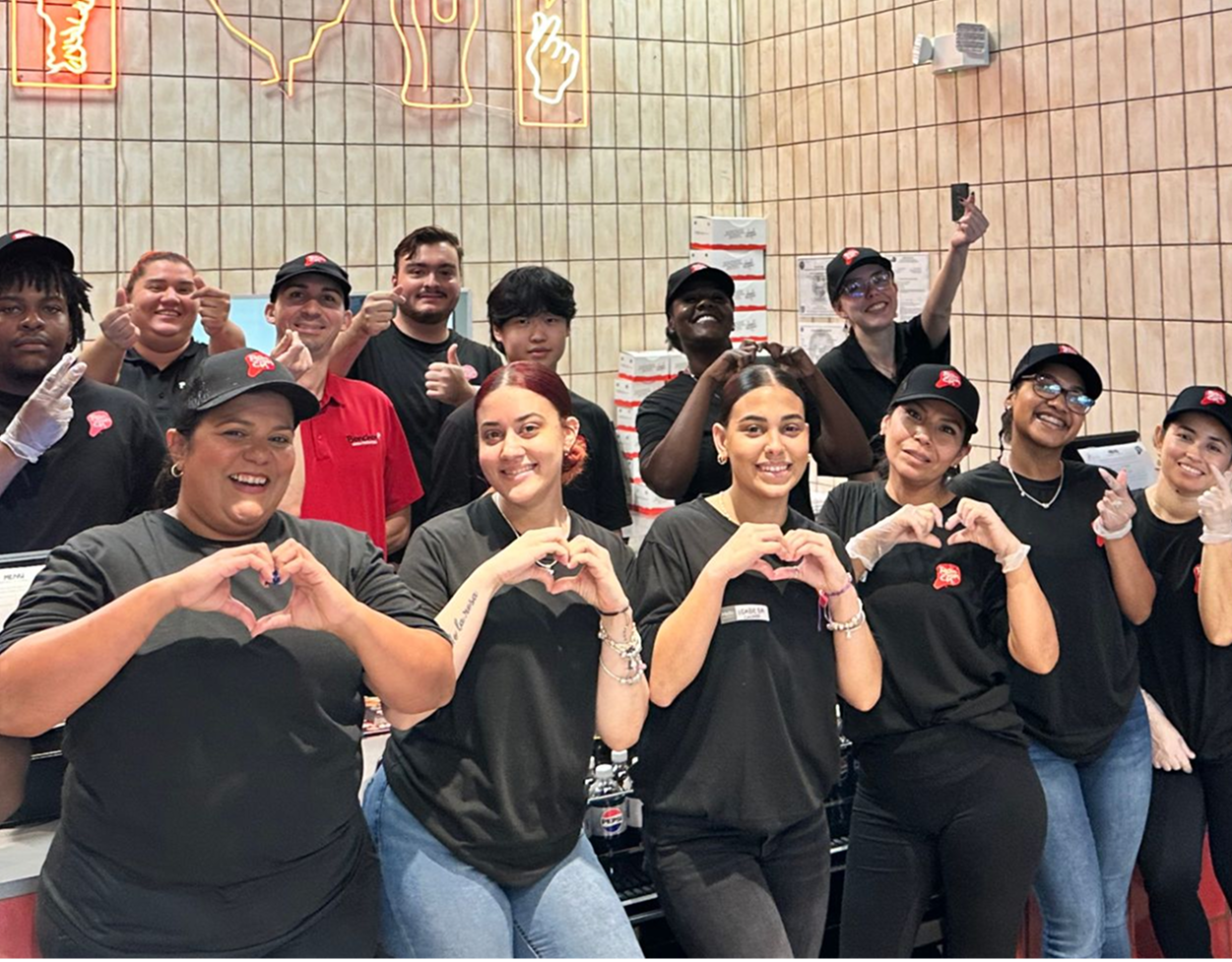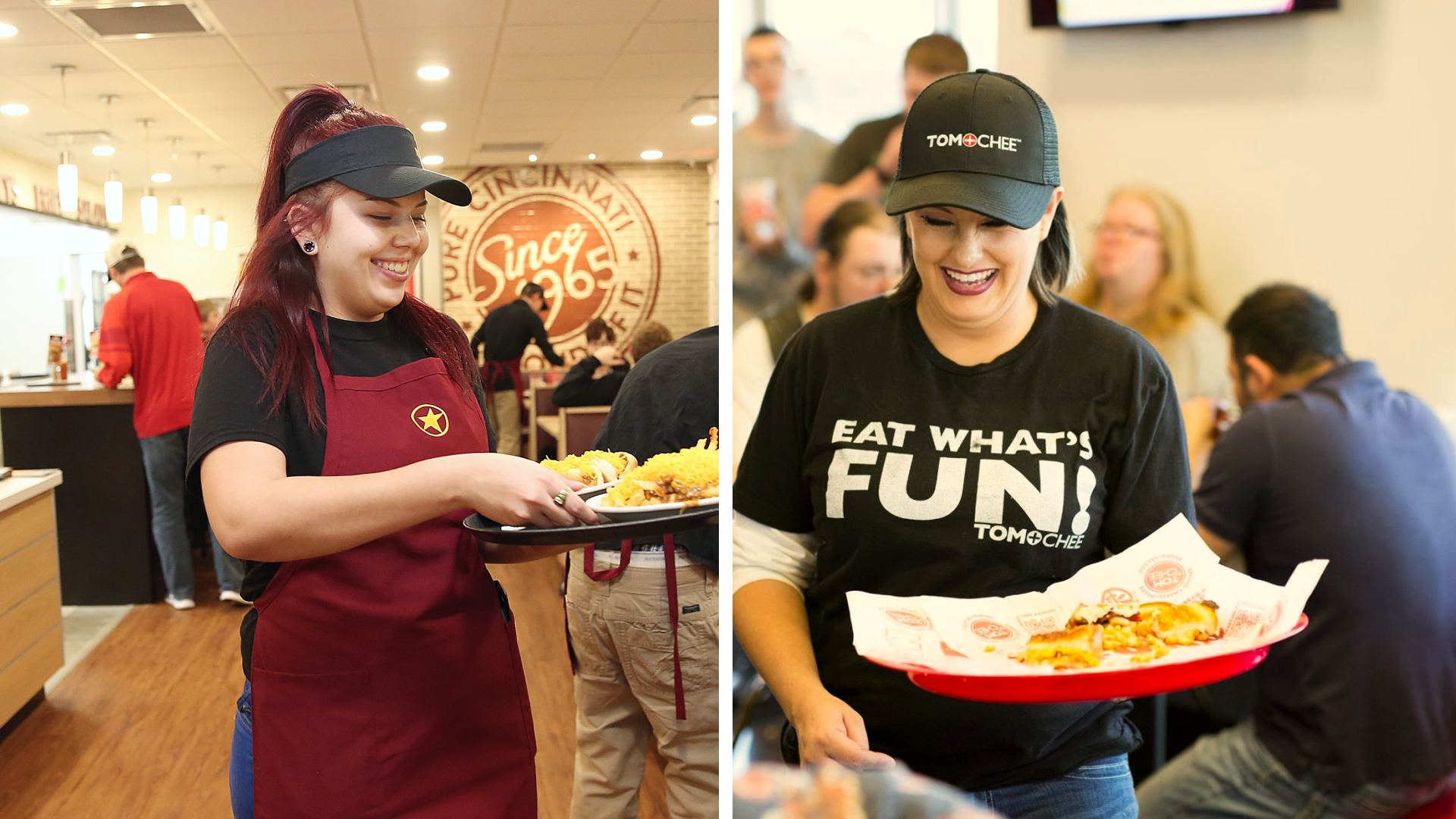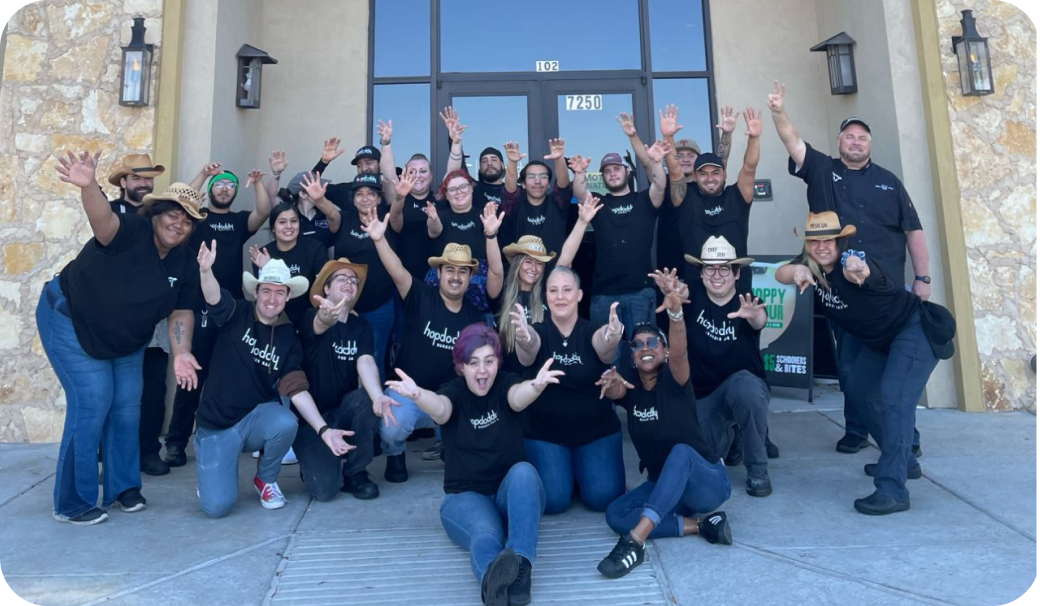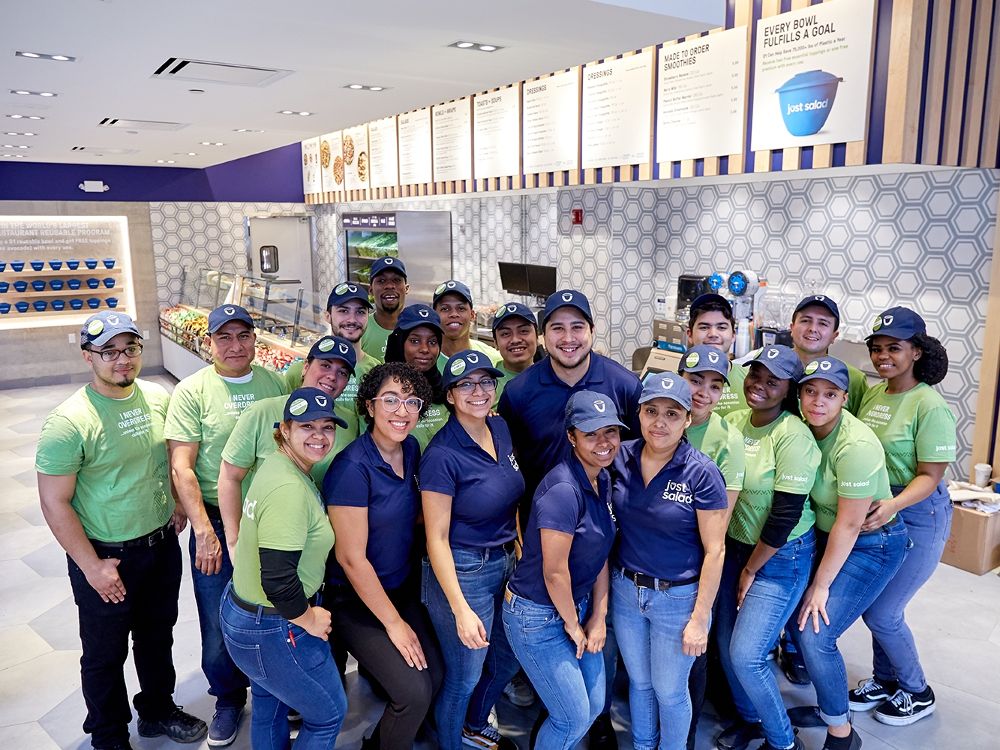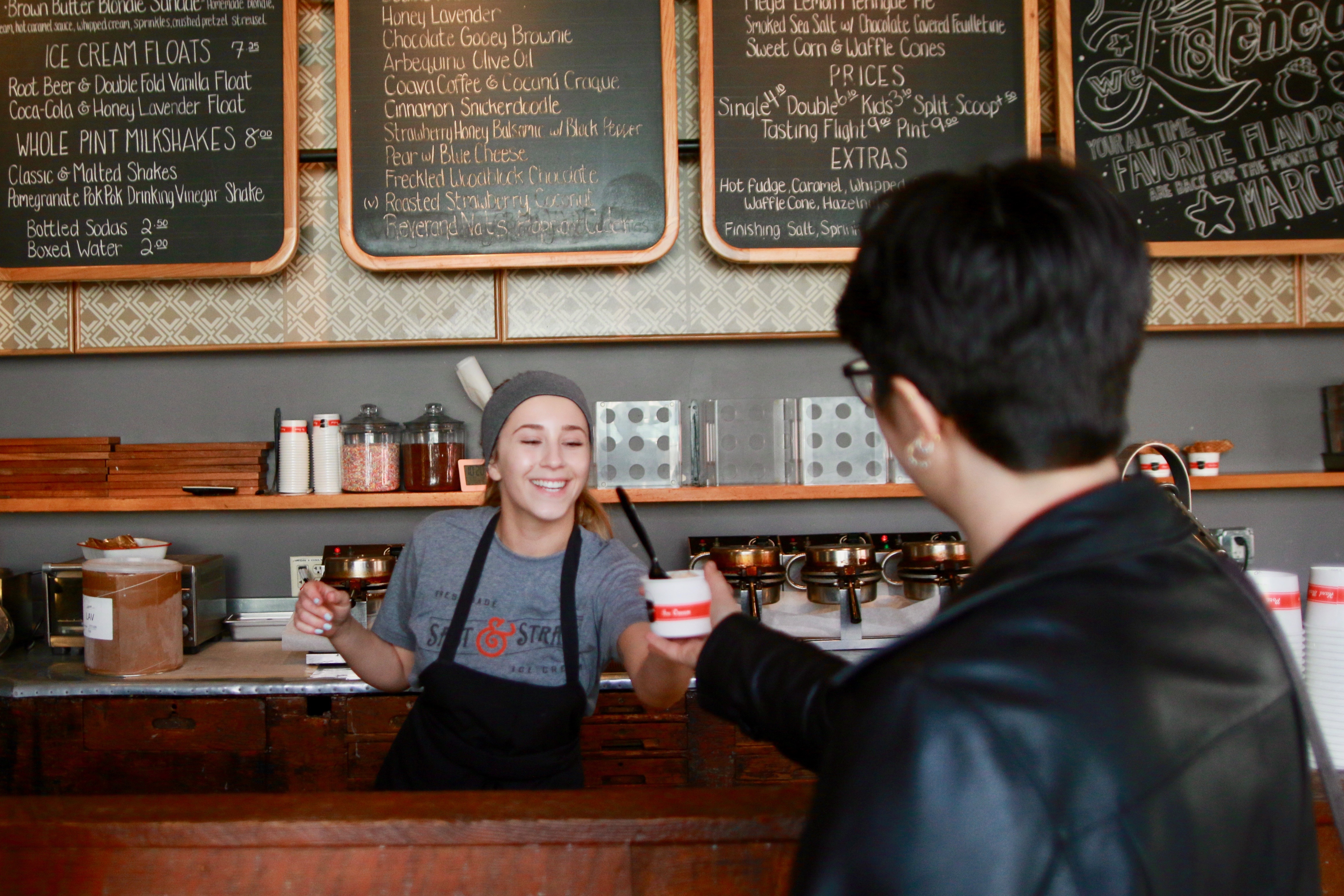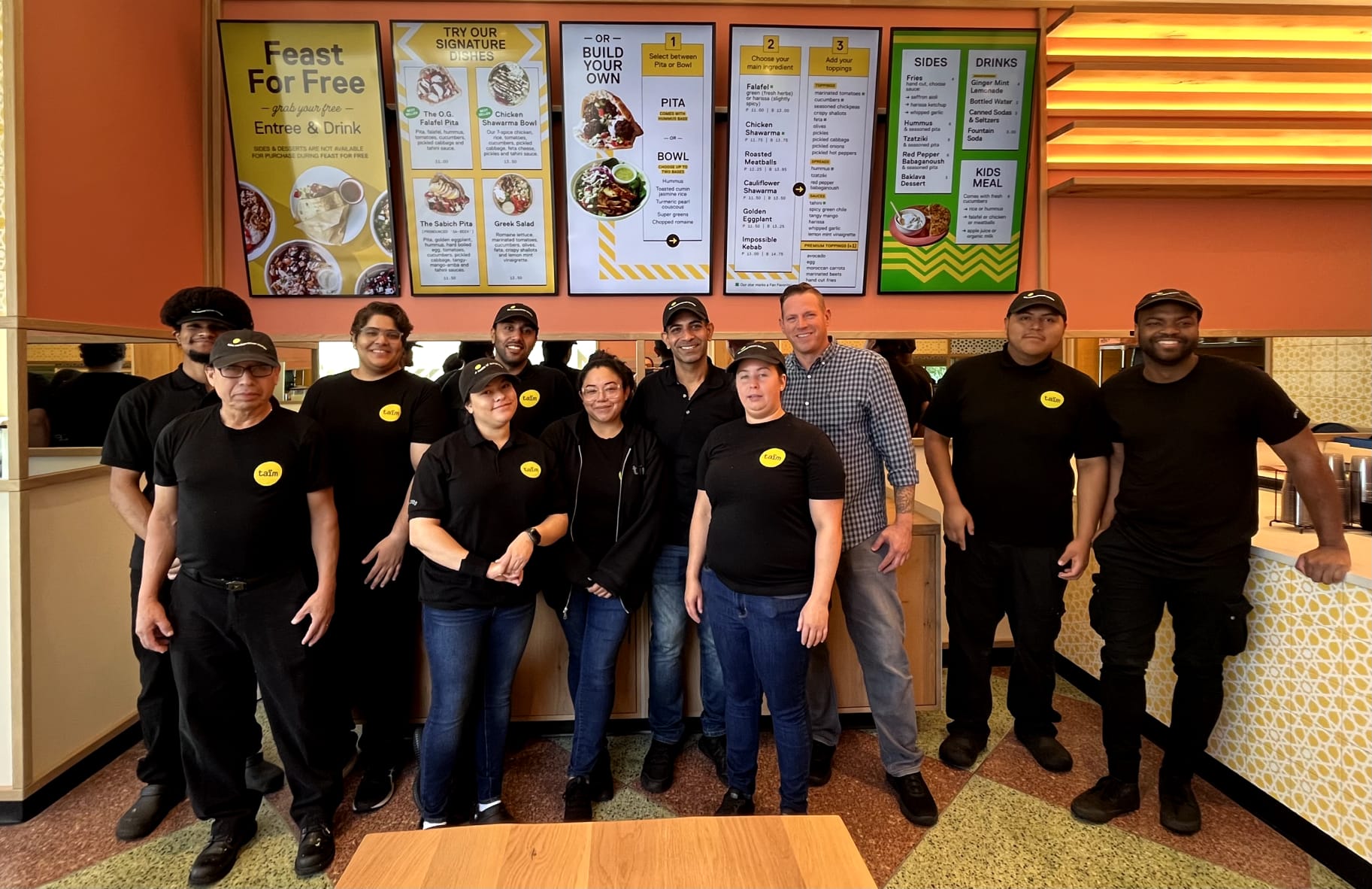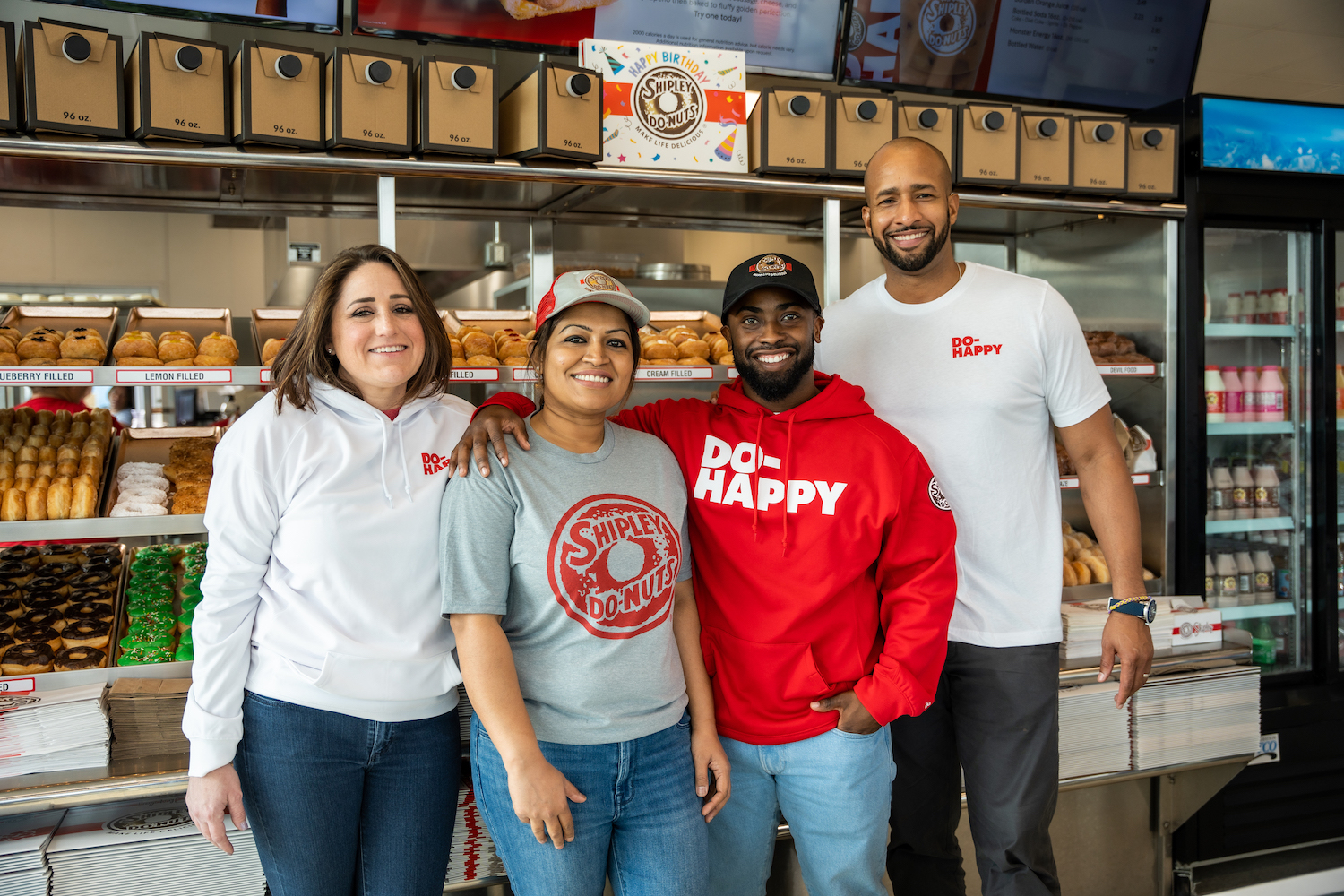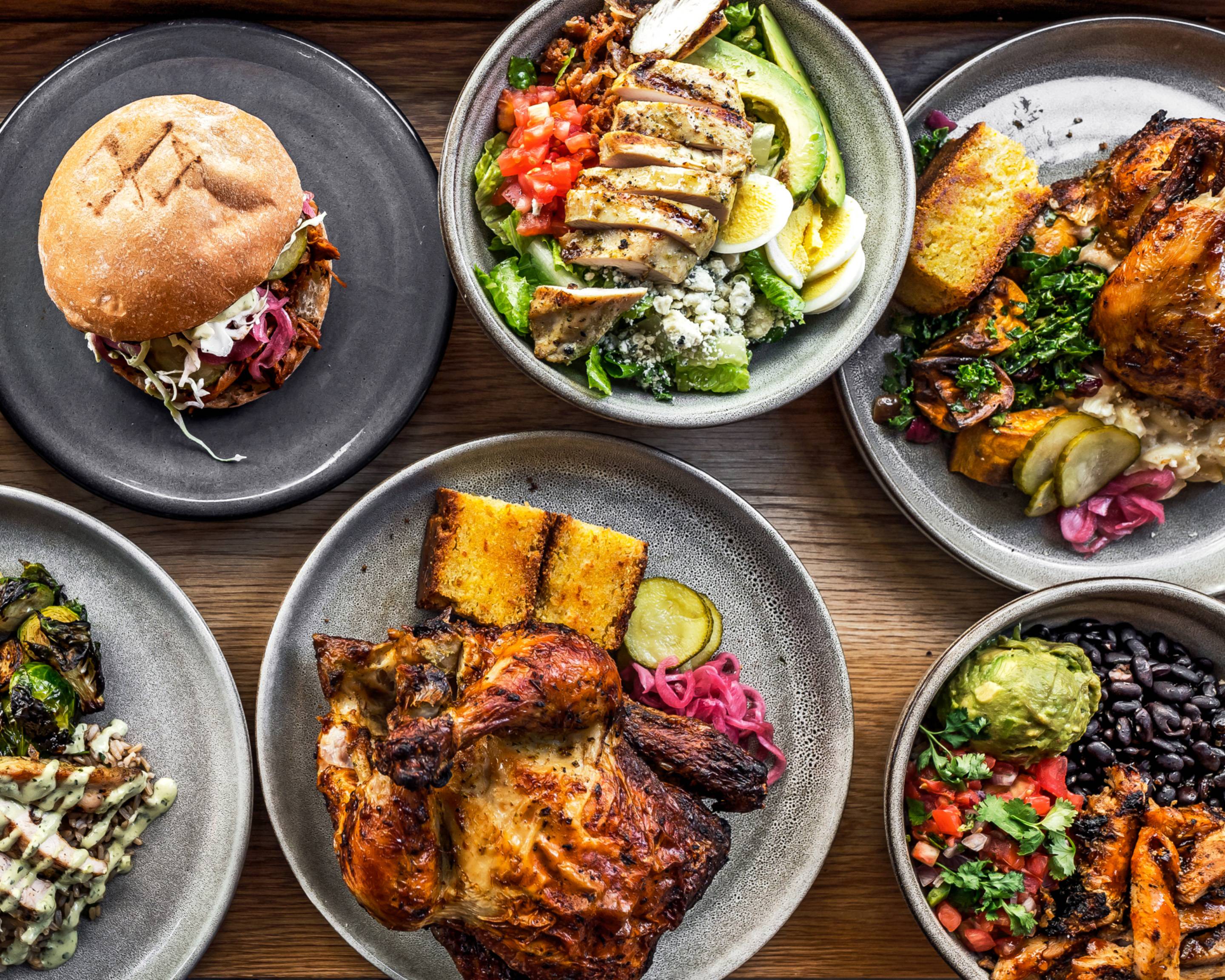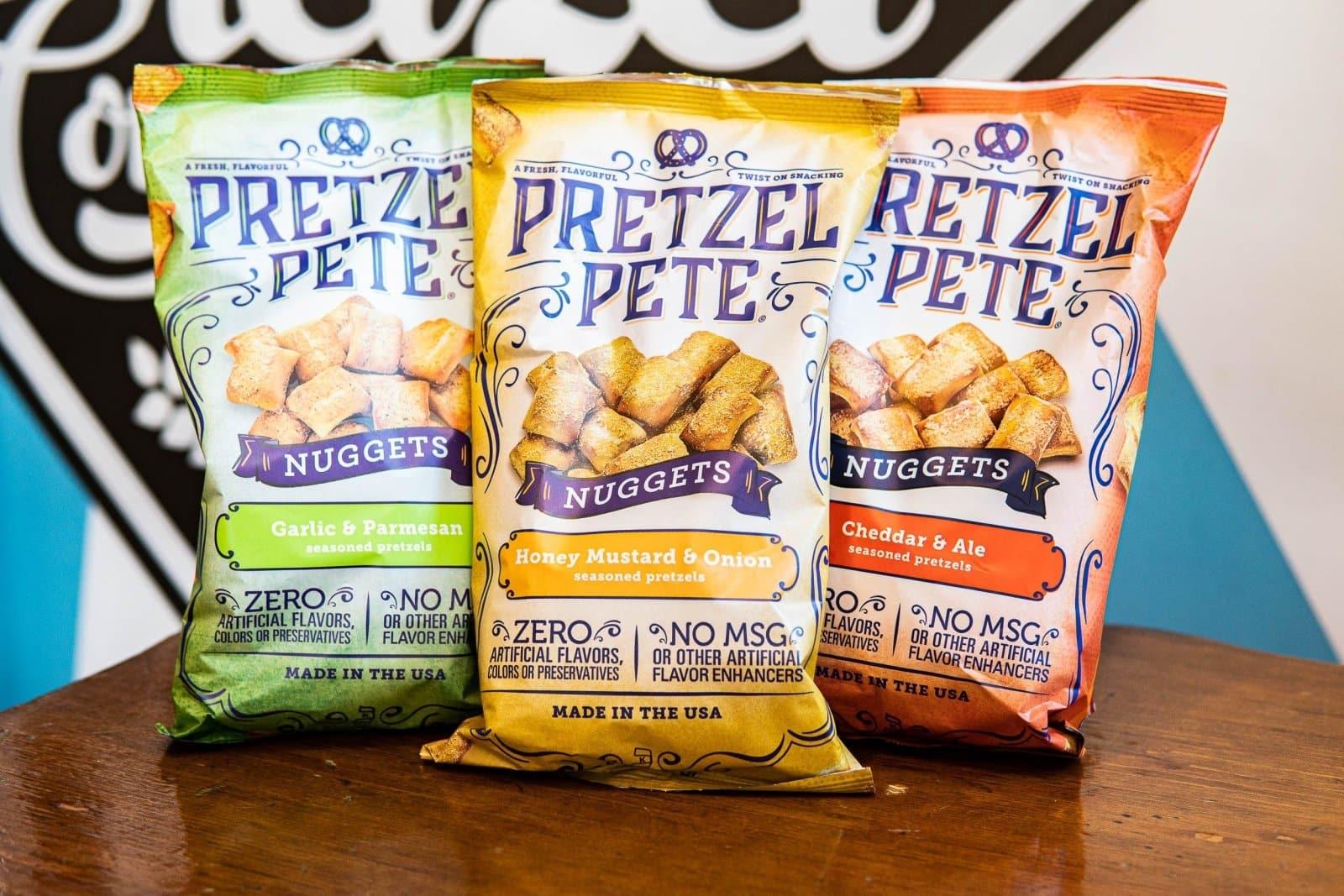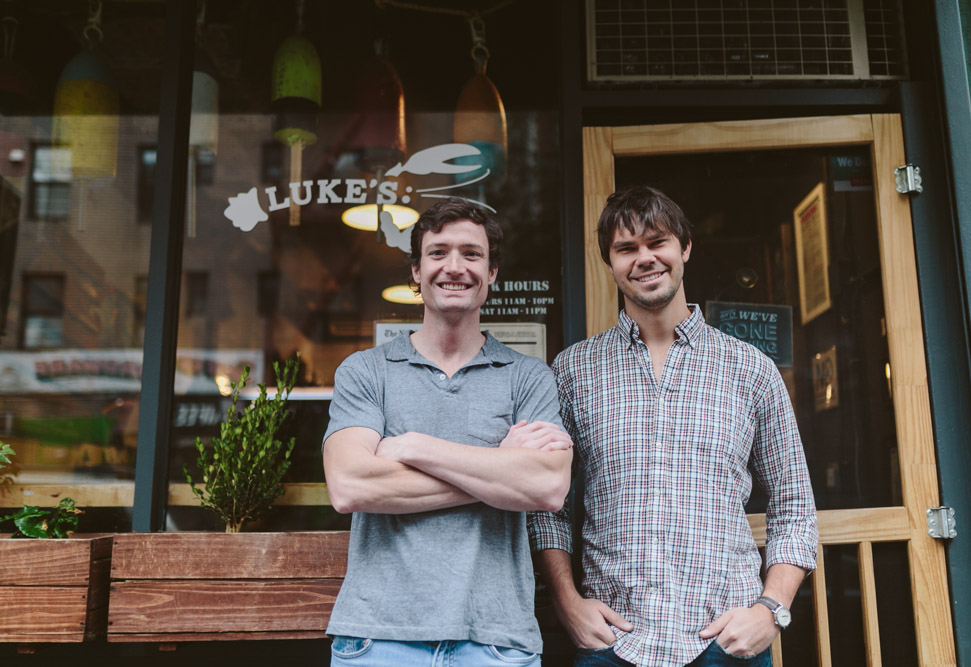At a Glance:
- Industry: Fast-casual Middle Eastern restaurant
- Scale: 38 locations throughout the East Coast, with plans to grow to 200 by 2030
- The Challenge: SOPs training held back by static checklists, which provided no accountability and flooded general managers (GMs) with daily emails
- The Opus Solution: Interactive task management with photo/video verification ensures follow-through, while automated triggers with corrective action lead help trainees upskill
- The Results: 60% engagement increase, 99% reduction in email notifications, smoother LTO rollouts, and increased performance
“Opus knows operations. Without Opus bringing tasks and training together, NAYA wouldn’t be evolving as fast as our locations are growing.”
Bethany Strong, Chief Operating Officer at NAYA
If you haven’t yet heard of NAYA, odds are you will soon. This fast-growing, fast-casual restaurant has 38 locations along the East Coast, with plans to hit 200 by 2030. With new stores opening all the time, they’re constantly hiring new employees — and in order to maintain quality as they scale, training is a top priority.
Previously, however, their training program was hindered by a rigid legacy learning management system (LMS).
The Challenge: Fast-Casual Restaurant Training Without Accountability
When Cindy Guevara, Senior Training and Development Manager at NAYA, joined the company, NAYA had already seen some impressive results with Opus. With Opus, NAYA could effortlessly convert existing training materials to microlearning modules, and employees loved the mobile-first approach.
To equip store-level employees for day-to-day success, though, Guevara wanted to create an even more dynamic training experience.
“We had checklists for opening and general manager (GM) audits, but they were static — lots of yes/no questions, temperature logs, very basic things like that,” Guevara explained.
Employees would “pencil-whip” through the checklists, crossing off to-dos without proving they had actually followed through. And GMs received an email every time a checklist was submitted, generating up to 90 checklist emails per day.
Rather than sifting through their overflowing inboxes, most GMs ended up ignoring those reports entirely, resulting in virtually no accountability.
With scores varying widely from one store to another, NAYA knew they needed a solution that would help their team build skills — not just tick boxes.
The Opus Solution: Verifiable Task Management Accessible to All
NAYA was initially drawn to Opus for its mobile-first approach, which gave employees access to bite-sized training modules directly from their phones without a cumbersome login process.
Content templates and AI-powered creation tools allow the training team to publish modules in under 10 minutes, which can then be translated into 100+ languages in seconds — a feature that’s critical for the 60% of NAYA employees who prefer to learn in a language other than English.
While Opus has helped NAYA convert a wide variety of old training content into dynamic modules, there’s perhaps no greater success story than with their checklists.
“We put all of our checklists into Opus, and it's been smooth sailing ever since.”
Cindy Guevara, Senior Training and Development Manager at NAYA
Checklists That Verify Instead of Remind
Unlike their previous task management platform, Opus incorporated task management features that made completing a checklist a dynamic experience rather than an exercise in form-filling. NAYA’s checklists on Opus involve detailed instructions that often require users to take a picture or video to verify that they’ve completed a given action.
For example, an employee might be prompted to send a picture of the three-comp sink to verify that all of the cleaning solutions were fully stocked.
“Team members can’t just click ‘done’ — they have to prove that the tasks are actually completed. That was a huge win for us,” Guevara said.
Triggers That Drive Corrective Action
Critically, NAYA can also implement triggers with Opus. If a picture shows that the oven isn’t coming up to temperature, for example, NAYA can issue a trigger that flags the entry and provides users with next steps, like submitting a maintenance ticket.
“Opus auto-triggers are a game-changer for us. They suggest clear corrective actions, which allows managers to master the skills they need to thrive at their jobs.”
Cindy Guevara, Senior Training and Development Manager at NAYA
Often, Guevara said, Shift Leaders don’t need to reach out to the GM for help once Opus gives them instructions. This is particularly helpful for GMs who are relatively new to their role, allowing them to spend less time answering calls and more time mastering their roles.
Marketing Collaboration Drives LTO Success
After word got out about the resounding success of the opening and audit checklists, NAYA marketing team reached out to the training team to collaborate on a limited-time offer (LTO) rollout.
The training team released a rollout checklist that showed team members how to add the offering to their point-of-service (POS) tool, what their graphics should look like, and how to make the product, prompting them to upload a photo of it at the end.
“The culinary team was thrilled because they didn’t have to go to every single restaurant and check items on the line — they could just look through the photos,” Guevara shared.
When there were issues at certain restaurants — such as low training completion rates or subpar product photos — they could offer in-person support. Between the training team, the culinary team, and the operations team, NAYA was able to easily divide and conquer, ensuring the team was set up for success.
The Results: 90% Completion Rates Across 386 Locations (& Counting)
Clear Accountability Leads to Higher Performance
With new-and-improved checklists that require active participation, NAYA’s hourly workers have gone from box-checking to skill-building. And Opus’ task management, skill verification, and reporting capabilities give GMs and NAYA corporate employees real-time visibility into trainee progress and results.
“Opus reports are really clean. Everything’s in one place, and you just need to click to get more details,” Guevara noted.
If a GM notices that one of their team members is lagging in completion or scores, they can follow up to get them back on track, or even share recaps to refresh their skills. As a result, Guevara said, NAYA has “already started seeing a lot of progress and improvement.”
“Opus has made operations a lot smoother. When you walk into a restaurant and see that everything’s in place, that’s a really good feeling.”
Cindy Guevara, Senior Training and Development Manager at NAYA
Cross-Team Collaboration Leads to Higher Sales
NAYA’s most recent LTO was a hit — something that Guevara largely credits to the training rollout.
“It’s a great product, but if you don't have solid training, it's not going to go as well,” Guevara remarked.
The successful LTO collaboration has also strengthened ties between the training team, culinary team, and operations team, paving the way for them to continue delivering results together in the future.
“Culinary proactively asks about Opus now — they’ll email the training department to ask about completion rates at different stores to see which stores need calibrating. The more closely we work together, the more value we can deliver.”
Cindy Guevara, Senior Training and Development Manager at NAYA
Looking Ahead With Confidence
NAYA can continue on the road to 200 stores — and beyond — with confidence, knowing that their frontline employees are poised for success. The team members themselves are even joining in on the hype. Upskilling opportunities that open up internal promotions have them excited not just about the company’s progress, but their own.
“Now that we’ve provided more clarity, they see a clear path to success,” Guevara said, giving them motivation to stay for the long haul.
“Opus has made our training program so much more effective. It’s hard to know where our business would be without it.”
Cindy Guevara, Senior Training and Development Manager at NAYA


